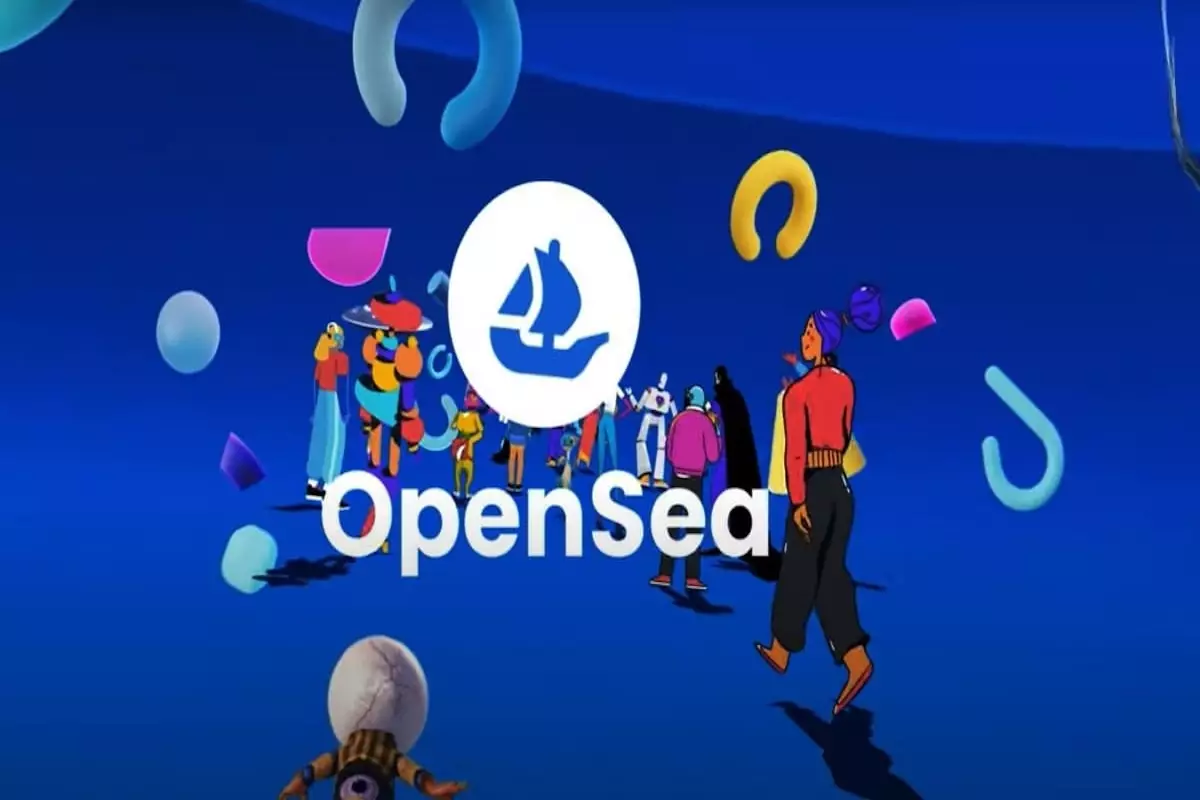The non-fungible token (NFT) landscape continues to evolve, and platforms must adapt to maintain relevance. OpenSea, one of the most prominent NFT marketplaces globally, has recently registered in the Cayman Islands—a move that has sent ripples of excitement throughout the crypto community. This article delves into the implications of OpenSea’s decision, examining potential future developments such as a token launch, user engagement strategies, and the broader impact on the NFT ecosystem.
A Strategic Move towards Crypto-Friendliness
OpenSea’s registration in the Cayman Islands signifies a strategic pivot towards an area known for its pro-crypto policies. Jurisdictions that embrace digital currency innovation tend to foster an environment conducive to growth and diversification. For OpenSea, this decision could not only enhance its operational framework but also pave the way for experimenting with token issuance.
The chatter surrounding a potential token launch has ramped up, with many speculating about an imminent airdrop aimed at early adopters and loyal users. This move could reinvigorate the NFT marketplace, capitalizing on a renewed interest in digital collectibles and driving up trading volumes. It’s important to recognize that such a promotional strategy is not solely about financial incentives; it embodies a commitment to community-building, rewarding users who have supported the platform during fluctuating market conditions.
The Promise of Increased User Engagement
Building on its new status, OpenSea is poised to roll out innovative features and incentives designed to engage users more effectively. The anticipated “OpenSea 2.0” revamp promises an enriched marketplace experience, introducing functionalities like Bitcoin Ordinals support and user-friendly tools such as leaderboards. These enhancements are not mere cosmetic modifications; they signal a foundational push to prioritize user experience and foster greater participation.
For example, a well-structured token airdrop would not only acknowledge the loyalty of historic users but could also lure in new participants eager to join a thriving ecosystem. By creating tangible benefits for engagement—whether through tokens, exclusive features, or rewards—OpenSea can transform how users interact with the platform. This level of consideration can also mitigate potential user attrition, as aligning incentives creates stronger behavioral loyalty among participants.
OpenSea’s strategic maneuvers could create ripple effects across the wider NFT marketplace. As competitors observe OpenSea’s actions, it is likely they will be compelled to rethink their engagement strategies. A robust incentive mechanism, exemplified by OpenSea’s potential to launch a token, may encourage other platforms to follow suit, thereby enhancing competition in the space.
The success of OpenSea’s future initiatives could serve as a blueprint for other NFT marketplaces. For instance, Magic Eden, known for its user engagement strategies, successfully reinvigorated its platform by distributing “Magic Tickets” to loyal users. Should OpenSea implement a similar community-focused approach combined with a toolset that enhances user experience, it could further solidify its positioning as a market leader.
Looking ahead, OpenSea’s focus on strengthening its community—while innovating on its user engagement strategies—points towards a promising future. A well-executed token launch might not only unlock new revenue streams but could also bring a renewed sense of purpose to long-time supporters of the platform. Whether this translates into actual trading volume growth will heavily depend on how effectively OpenSea communicates its vision and delivers concrete value to its user base.
The potential for a token airdrop that rewards historical trading volume is especially appealing. Such an initiative would not only recognize dedicated users but also act as an attractor for newcomers. By creating a narrative that resonates with both long-standing community members and prospective entrants, OpenSea can effectively navigate the complexities of the NFT landscape.
Should OpenSea’s plans come to fruition, the implications could extend beyond its platform, potentially revitalizing interest across the entire NFT arena. With an increasingly competitive landscape, OpenSea’s initiatives may ignite a resurgence of both participating users and innovative projects.
As we observe how this story unfolds in the coming months, OpenSea’s strategic pivot could very well serve as a pivotal moment in the NFT marketplace, bringing new energy to a space that has experienced its share of challenges. Ultimately, how OpenSea capitalizes on its relationship with the Cayman Islands may define the next chapter not just for itself, but for the entire digital collectibles ecosystem. The future, indeed, appears promising—but it remains to be seen how all these variables will play out in an ever-evolving market.


Leave a Reply